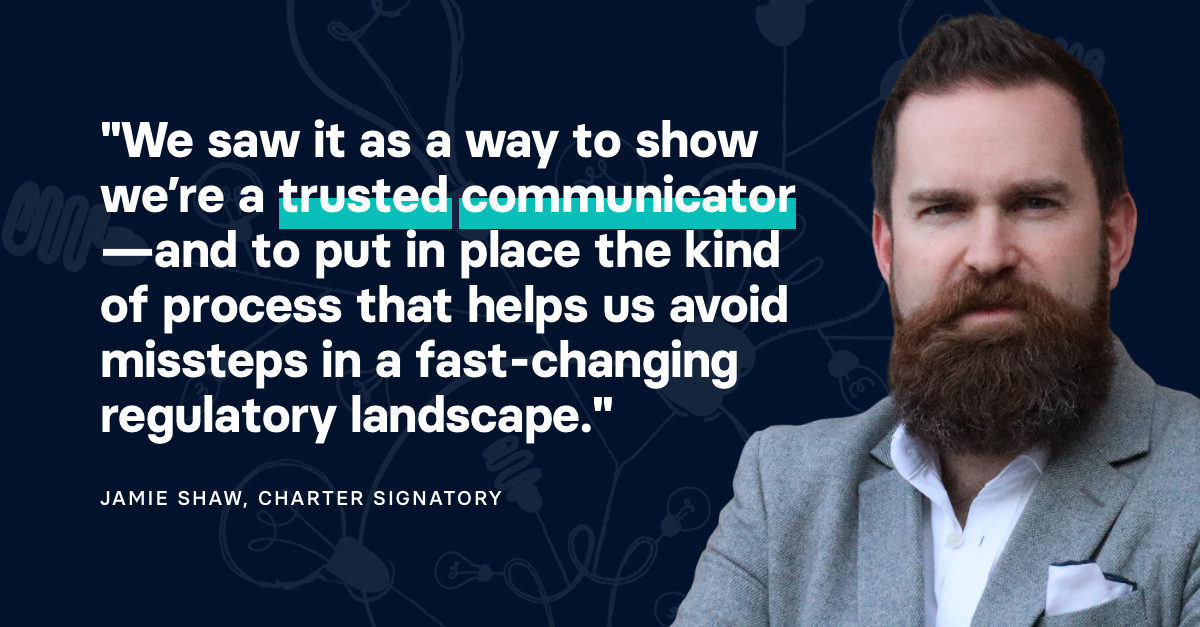
Why Every Supplier Needs a Credible Green Claims Policy.
The Procurement Act 2023, CSRD and CSDDD together signal a new era of accountability, where suppliers must show not only what they achieve on sustainability, but how they communicate it.
Date: November 2025
Read time: 5 mins
Author: TAGC

Suppliers in every industry are under new pressure to prove that their sustainability claims can be trusted. Buyers, investors and regulators are no longer satisfied with broad promises about being green or net zero. They now expect those claims to be demonstrated, documented and defensible.
The Procurement Act 2023, the Corporate Sustainability Reporting Directive (CSRD) and the Corporate Sustainability Due Diligence Directive (CSDDD) together define this new era of accountability. They make clear that transparency and integrity are not optional values but legal and commercial necessities.
A structured Green Claims Policy (GCP), verified under The Anti-Greenwash Charter (TAGC), provides the practical framework suppliers need to meet these expectations.
Why this matters: the new risk landscape for suppliers
Misleading or exaggerated sustainability claims are no longer seen as minor marketing errors. They can now trigger contract termination, regulatory enforcement or legal challenge.
Procurement teams are required to check that suppliers communicate truthfully about environmental and social performance. That means every claim about a product, service or process, from carbon neutrality to recycled content, is open to scrutiny.
Suppliers therefore face two questions:
-
Can we prove what we claim?
-
Do we have a clear process for how these claims are approved and communicated?
The Procurement Act 2023 brings these questions to the forefront by embedding integrity, transparency and fairness as central procurement objectives. These align directly with TAGC’s four standards: transparency, accountability, fairness and honesty.
The Procurement Act 2023: integrity as a compliance test
Section 12: Procurement objectives
Under Section 12 of the Act, contracting authorities must:
-
deliver value for money
-
maximise public benefit
-
share information so that suppliers and others understand procurement decisions
-
act, and be seen to act, with integrity
This language establishes a clear link between procurement compliance and the accuracy of sustainability communication. A supplier that has a verified Green Claims Policy can show that it manages its claims responsibly and supports the buyer’s own duty to act with integrity.
Transparency notices and publication
The Act also requires authorities to publish “transparency notices” and more detailed contract information. Once sustainability-related promises appear in these public records, any inconsistency between claim and outcome becomes visible. A GCP ensures that suppliers have governance processes to verify claims before they reach the public domain.
Fair treatment and SME access
Section 12 also calls for equal treatment of suppliers and removal of barriers for small and medium-sized enterprises. A clear Green Claims Policy helps SMEs compete on credibility, not just scale. It provides a practical way to show integrity without expensive certification schemes.
Frameworks and long-term contracts
Public and private frameworks increasingly require sustainability assurance over multiple years. A GCP offers ongoing governance so that claims made at the start of a contract remain consistent with performance through its lifetime.
Connecting the dots: CSRD and CSDDD
CSRD – accuracy and transparency in reporting
The Corporate Sustainability Reporting Directive requires large and listed companies to publish standardised sustainability information that is complete, consistent and comparable. Suppliers feeding data or narratives into those reports must therefore ensure their own claims are accurate and traceable. A GCP supports this by linking communication to evidence, reducing the risk of errors that could compromise the buyer’s CSRD disclosures.
CSDDD – due diligence across the value chain
The Corporate Sustainability Due Diligence Directive extends responsibility beyond an organisation’s walls. Companies must identify and prevent negative environmental and human-rights impacts throughout their value chain. For suppliers, this means every claim about sustainable materials, ethical sourcing or emissions reduction must be backed by demonstrable governance. A GCP provides that governance, documenting how claims are created, verified and approved at each step.
Together, the Procurement Act, CSRD and CSDDD form a connected framework:
-
Procurement demands integrity and openness.
-
Reporting demands precision and comparability.
-
Due diligence demands accountability across the chain.
A verified Green Claims Policy ties these together in one coherent system of trust.

What a Green Claims Policy delivers
A Green Claims Policy turns sustainability communication into a controlled process rather than a marketing exercise. It sets out:
-
clear roles for creating and approving claims
-
evidence standards for each type of statement
-
requirements for third-party verification where needed
-
guidance on language, proportionality and context
-
review cycles to keep information current
For buyers, seeing that a supplier has a verified GCP provides assurance that sustainability statements can be relied upon. For suppliers, it reduces risk and shows maturity in governance.
Practical steps suppliers can take
-
Draft or update a Green Claims Policy. Define how environmental and social claims are produced, reviewed and signed off.
-
Train teams. Make sure staff in communications, sales, and procurement understand what constitutes a compliant claim.
-
Collect and store evidence. Keep records of data, certifications, or third-party validations that support each claim.
-
Engage the supply chain. Ask sub-suppliers to provide their own documented evidence or adopt simplified GCPs.
-
Align policies with CSRD and CSDDD. Ensure claim governance supports data accuracy for CSRD reporting and risk mapping for CSDDD due diligence.
-
Reference GCPs in tenders. When responding to RFIs or RFPs, include your verified Green Claims Policy to demonstrate procurement-readiness and integrity.
The emerging benchmark for trust
The rules shaping business conduct are converging around one principle: claims must match reality.
The Procurement Act 2023 ensures that public contracts reward integrity. The CSRD ensures that corporate reporting reflects evidence. The CSDDD ensures that due diligence extends across the entire value chain.
A verified Green Claims Policy helps suppliers meet all three demands. It gives buyers confidence, strengthens compliance, and protects reputation.
For suppliers, this is the next compliance frontier, moving beyond making sustainability claims to governing them with transparency, accountability, fairness and honesty.
Communicate with Confidence
If your organisation wants to protect its reputation, reduce greenwashing risk, and communicate sustainability with confidence, we’d love you to join us.
📢 Become a signatory of The Anti-Greenwash Charter.
Shape the future of responsible communication and show stakeholders what honest, trusted sustainability leadership looks like.
